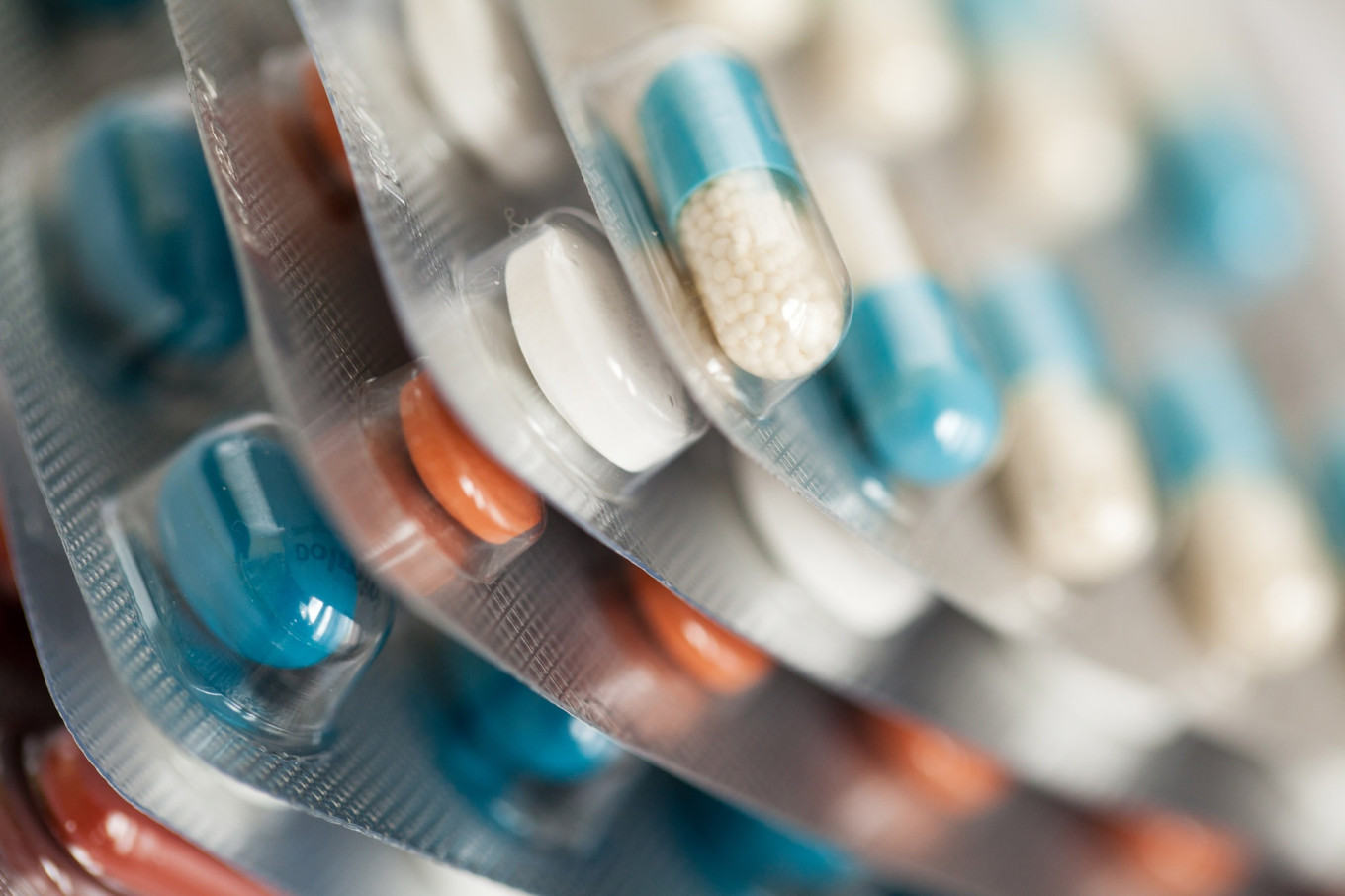Last year, in Latvia's legal medicines supply chain, through pharmacies and healthcare institutions, the residents received only safe prescription medicines and omeprazole, which were verified in the medicines verification system – slightly more than 28 million checked packs reached the population. This is 7% more than in 2021, when 26.2 million packs of medicines were dispensed in the system, according to data collected by the Latvian Medicines Verification Organisation (LZVO). The LZVO in Latvia is responsible for the verification system where the safety and authenticity of prescription medicines are checked.
In Latvia, 1,213 users have connected to the verification system and checked the safety of medicines at the end of 2022 – pharmacies, hospital pharmacies, wholesalers and healthcare institutions that have permission to purchase medicines (hospitals, polyclinics, doctor's practices, dental clinics, and practices). Overall, the verification system is a European-level project that connects 2,500 pharmaceutical companies, 4,000 wholesalers, 100,000 pharmacies and 6,000 hospital pharmacies in 29 European countries online.
The number of transactions carried out by the Latvian medicines verification system has stabilized – 105.7 million transactions were made in 2022, which was a similar amount as in 2021. Two types of transactions are possible in the system – verification of the medicinal product or decommissioning of the medicine package from the system, when the product reaches the patient.
"Since the introduction of the Latvian Medicines Verification System (LZVS) at the beginning of February 2019, the system has been working stably and without interruptions – the year 2022 was no exception. Within the system framework, we work proactively – we constantly make improvements so that safe and checked prescription medicines and omeprazole reach patients not only in Latvia, but also in other member states of the verification system. The aim of the system is to prevent the possibility that falsified medicines (if they are prescription medicines or omeprazole) could be injected into the legal supply chain and reach Latvian citizens through pharmacies or healthcare institutions," says Inese Erdmane, Chairwoman of the Board of the LZVO.
In case the system does not recognize the unique identifier during the verification, an alert is generated, which is received and investigated by the Health Inspectorate. According to the information at the disposal of the LZVO, all alerts in Latvia so far have been of technical or procedural origin, not because of the falsified medicines. In 2022, the proportion of the alerts affecting Latvian end-users was still low – only 0.02% on average – this is significantly less than the target set by the European Medicines Verification Organisation (0.05%).
The basic principle of the system is that manufacturers provide each pack of medicine with a unique code or identifier, which is verified several times on the way to the consumer and finally decommissioned when handing over the medicine to be used by the patient in a pharmacy or healthcare institution. This procedure ensures that the same code can’t be used to bring falsified medicinal products into the legal supply chain.
The basis for the establishment of the medicines verification system is the EU Falsified Medicines Directive (2011/62/EU) and the Delegated Regulation which defines detailed rules for the safety features appearing on the packaging of medicinal products for human use (EU 2016/161). The system works in 29 European countries since 9 February 2019. All prescription medicines and one over-the-counter medicine – omeprazole – are checked by the system.
